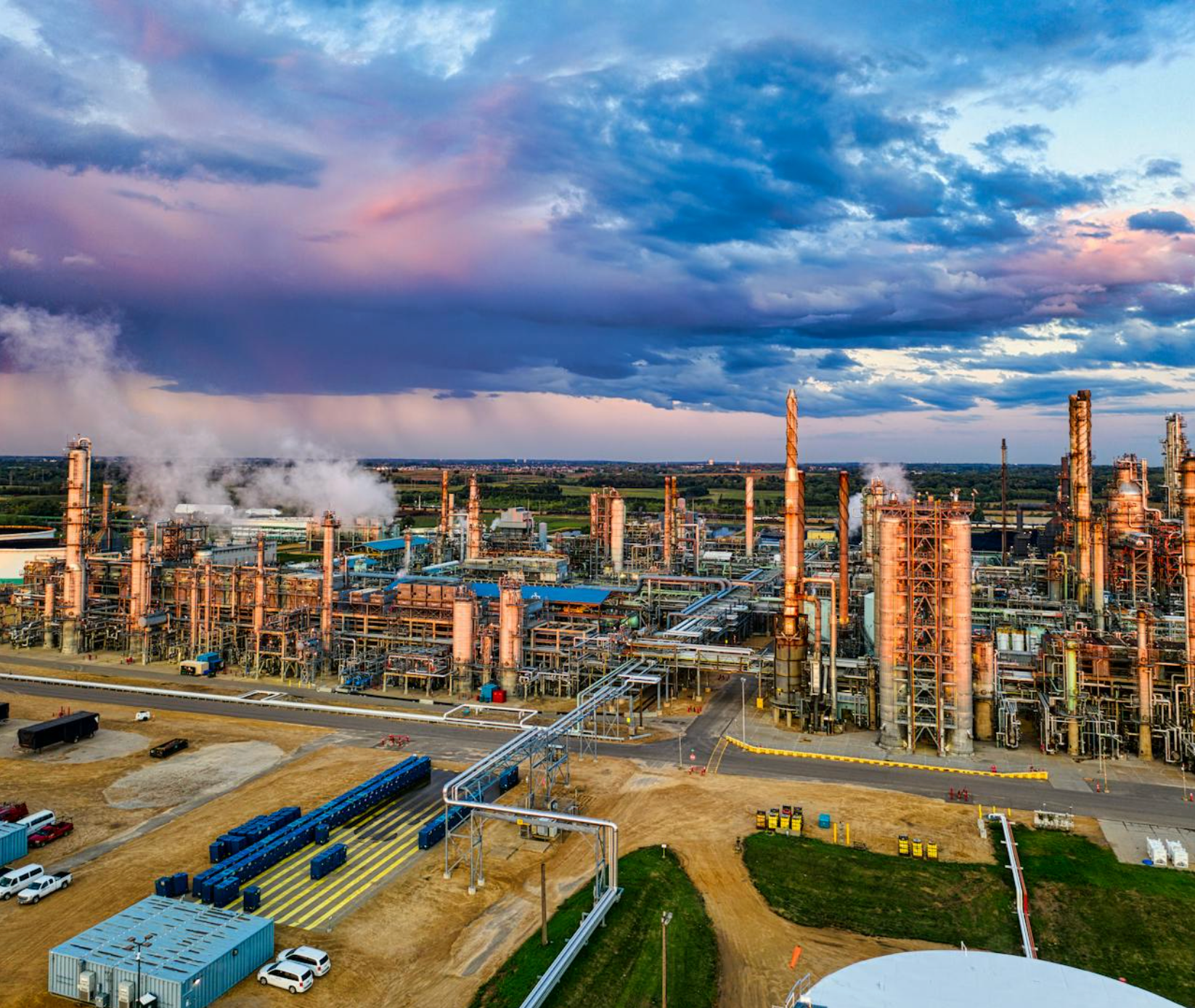Choosing Corrosion-Resistant Cables for Long-Term Performance

Corrosion is one of the most relentless forces that can compromise the integrity of a cable system. In industrial environments, where moisture, chemicals, and abrasive elements are the norm, cable degradation can happen quickly if the wrong materials are in use. We know how crucial it is to select the right cable from the start. That’s why we talk often about the value of corrosion-resistant cables for long-term performance in demanding conditions.
When cables break down, it’s not just about replacing a length of wire. You’re facing system failures, downtime, and potentially expensive damage to equipment or infrastructure. We’ve seen firsthand how choosing the right cable helps protect critical systems, reduce maintenance costs, and extend operational life across countless industries.
What Makes a Cable Corrosion-Resistant?
Corrosion resistance in cables depends on both materials and construction. It starts with conductors. Standard bare copper might corrode too quickly in harsh environments, so tinned copper is often a better choice. These materials resist oxidation and help maintain conductivity even in chemically aggressive environments.
The insulation and jacket materials matter. Oil-resistant insulation options like PVC (Polyvinyl Chloride) and FEP (Fluorinated Ethylene Propylene) add another layer of defense. These materials are specifically formulated to resist oils, chemicals, moisture, and UV exposure, which are all common culprits in corrosion-prone applications.
Combined with abrasion resistance and physical toughness, these properties make corrosion-resistant cables capable of enduring real-world conditions. In some cases, additional armoring or coatings may be used to further improve performance.
Types of Cables Built for Harsh Environments
One of the most common categories we work with is single-conductor stranded cables. These offer flexibility without sacrificing strength, making them ideal for environments where cables undergo frequent movement or vibration. Compared to solid-conductor versions, stranded cables are less likely to crack under mechanical stress, which is key for longevity.
Stranded cables also work well in areas that require tight bends or cable routing through complex pathways. Whether part of an industrial control panel or used for instrumentation wiring, these cables are a dependable choice where durability counts.
Then, there are shielded oil-resistant cables. These are essential in applications where electromagnetic interference (EMI) could disrupt sensitive equipment. The shielding protects data integrity, while the oil-resistant jackets prevent exposure-related degradation. These wires are used frequently in facilities that use hydraulic systems and machining equipment, or anywhere oils and lubricants are present.
Cables that feature both shielding and oil resistance play an important dual role. They maintain performance standards for sensitive signal transmission while withstanding exposure to harsh chemicals or contaminants.
The Role of Long-Term Performance Cables in Industrial Success
Longevity is a desirable trait as well as a financial advantage. Every time a cable system fails due to corrosion, it means labor, replacement costs, and potential shutdowns. That’s why long-term performance cables make such a strong case.
Cable runs in refineries, chemical processing plants, and wastewater treatment facilities often occur in harsh zones where exposure to corrosive elements is unavoidable. Choosing corrosion-resistant cables helps minimize disruptions, directly improving operational efficiency.
Over time, we’ve seen that the extra investment in better-quality cable pays for itself. It saves hours in troubleshooting, keeps systems online longer, and protects sensitive electronic equipment from cascading failures caused by corroded conductors or degraded jackets.
Even in more routine industrial settings, selecting cables for durability and corrosion resistance simplifies maintenance schedules and gives teams confidence that the infrastructure behind their operations is built to last.
How to Evaluate Cables for Harsh Environments
When we help clients select cables, we always start by looking at the environment. What’s the exposure level to oils, chemicals, UV rays, or moisture? Are the cables routed near heat sources or in high-vibration areas?
From there, we check ratings. Depending on your application, look for cables labeled as oil-resistant, flame-retardant, or plenum-rated. These indicators reflect how a cable performs under specific stresses.
We also recommend looking at specifications around:
- Jacket material (PVC, FEP, etc.)
- Temperature range
- Bend radius
- Shielding type (foil, braid, or combo)
- Voltage and bandwidth ratings
Durability testing data can also provide insights into long-term behavior under load or chemical exposure. We always advocate for matching cable choice with actual environmental needs rather than defaulting to general-purpose wire.
Finally, consider the system’s performance expectations. Corrosion-resistant cables provide great protection while sustaining speed, accuracy, and uptime.
Investing in the Right Cable for Long-Term Success
Corrosion might be invisible at first, but its effects are anything but subtle. When degradation starts inside your cables, it spreads and causes performance issues, signal loss, and equipment damage. Choosing corrosion-resistant cables is one of the smartest moves for long-term system health.
From single conductor stranded cables that offer flexible strength, to shielded oil-resistant cables that guard against interference and chemical exposure, the right cable selection sets the tone for reliability.
We focus on helping professionals find wire solutions designed to meet harsh demands head-on. Whether you need long-term performance cables for a chemical plant or harsh environment cables for an industrial manufacturing line, our team can guide you through your options.
Explore our petroleum-rated and corrosion-resistant products by visiting our Petroleum Cable Solutions page. For project support or tailored product recommendations, get in touch with us here. Let’s build smarter systems with the right wire behind them.